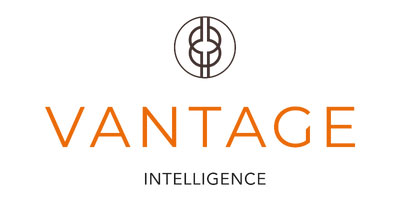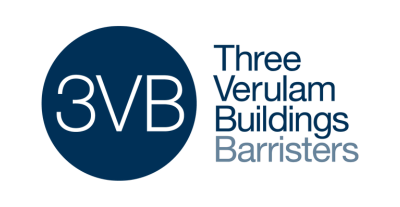Knowledge Hub
Join the Conversation!
Impartial and independent, ThoughtLeaders4 FIRE Knowledge Hub hosts cutting edge industry content and insight.
Email maddi@thoughtleaders4.com to submit content.
A Freeze on Fraud?
Date: 13/04/2020 Type: Articles Topic:A freeze on fraud? Whilst the global economy is on hold as countries focus on defeating the coronavirus, if past experience of economic crises offers any guidance, then these will be precisely the times when fraud increases. Fortunately, the English legal system remains well placed to tackle this.
During financial crises, fraud is rampant. Even now, over a decade after the 2008 crisis, courts are still dealing with frauds from then, some of which were only unravelled many years later. Other frauds are discovered much quicker. A classic example is push payment fraud, where victims transfer money to accounts believed to be genuine. In recent years, PCB has been involved in a number of such cases. Yet, when most of the world is confined to their homes and forced to live life through the internet, there seems to be little doubt that cybercrime of this nature will continue to rise.
In that regard, a number of banks were to have implemented the Confirmation of Payee system by the end of the month, seeking to safeguard customers by checking that the account name entered by a payer matches the account paid. However, the disruption caused by the coronavirus pandemic has pushed back that deadline by three months (for now), giving fraudsters further opportunity in the meantime.
Yet whilst that welcome development is delayed, and most of the world stands still waiting and hoping for normality to return, the English legal system continues to operate. Many commentaries have focussed on how technology has been used to ensure court hearings remain effective. However, what is equally of note is the availability of creative and flexible solutions offered by the English courts and lawyers alike.
A classic example concerns service. Take worldwide freezing orders, one of the key weapons in the fight against fraud. To have their full force and effect, they are required to be served personally. Yet what happens when everyone must stay at home? How can service take place? Thankfully, over recent years courts have approved service not just by email, but by WhatsApp and Facebook. It will not be long before service through video/web conferencing becomes more regular too.
It is important to note also that the English courts will continue to prioritise cases of urgency, just as happens during the court vacation periods. Indeed, the Lord Chief Justice recently emphasised that the “immediate aim is to maintain a service to the public, ensure as many hearings in all jurisdictions can proceed and continue to deal with all urgent matters”.
Whilst the inevitable increase in fraud makes unhappy reading, victims of fraud will continue to be protected by the English courts in the same manner to which they have become accustomed for many years, as courts endeavour to freeze fraud in its tracks.
For more information please contact Jon Felce at jf@pcblitigation.com or for any other enquiries please contact us by email at enquiries@pcblitigation.com or by phone +44(0)20 7831 2691.
Author
Jon Felce - PCB Litigation
Our FIRE Corporate Partners

































